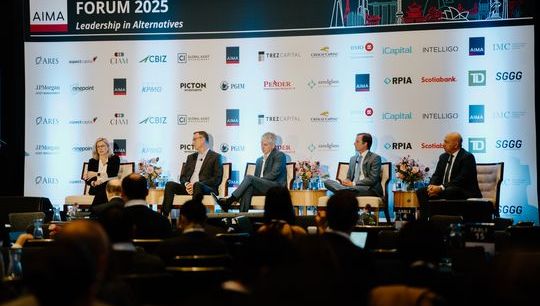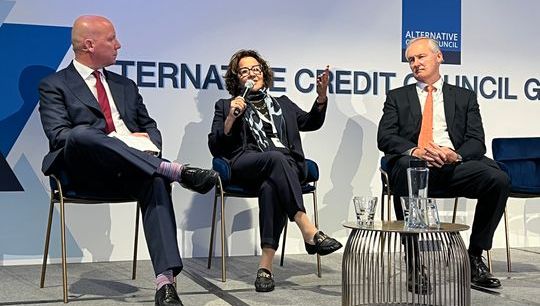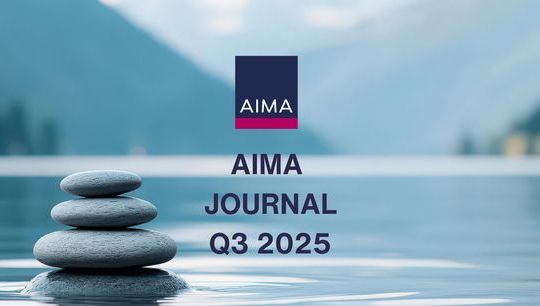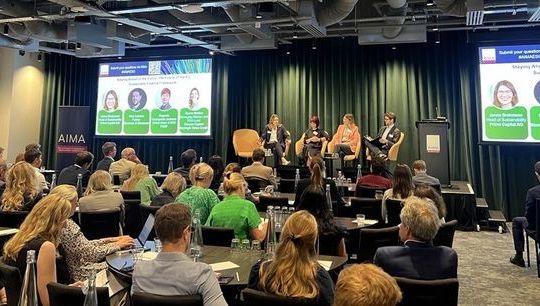Notes from Next Generation Manager Forum panels
Published: 02 June 2023
The Next Generation Manager Forum, now in its tenth year, recently convened in London for a series of insightful panels on the key challenges and opportunities faced by senior individuals at alternative asset management businesses managing up to US$500m in hedge and private credit assets. In this blog post, we delve into the key themes from the day:
10 years of Next Generation Managers Forums and looking ahead
- Many aspects of launching a fund have changed over the past decade but timing is still everything. It was advised that a manager should start with between 3 to 5 years of additional capital to cushion you if you have a bad start in your investment strategy.
- Investors are much more accepting of even a mid-sized manager using several service providers now than they were previously.
- Capital raising has become much more complicated and as a result, many more managers are launching on platforms.
- On average a launch will involve more anchor/seed investors than previously, which brings new complications and challenges.
- When drafting fund documents, don’t leave out everything that you’re worried prospective investors won’t like. You may wish you had those gates and other tools down the road.
- There has been a significant increase in demand for separately managed accounts (SMAs) by investors. However, agreeing to host too many of these can be double edge sword due to the increased operational burden and enhanced liquidity requirements. You may also find you’ve left your commingled fund anaemic.
Acquiring and keeping talent
- Acquiring and keeping top talent is challenging as an emerging manager and you won’t be able to compete with larger managers on a purely compensation basis. Get creative with your compensation model and offer a better work culture with an emphasis on personal development.
- Show don’t tell. If you are proud of your company culture, demonstrate it clearly to prospective hires. Interviews are a two-way process so have a spokesperson who can articulate your firm’s mission.
- Expanding into new markets or asset classes will bring new talent challenges – be prepared.
- Hiring should not just be considered HR’s sole responsibility get other areas of the firm involved to protect culture and maximise the chances of getting a good fit.
Implementation and non-negotiables of ESG
- It was suggested that, if you feel like you’re not completely across all the incoming ESG regulations, you should get more involved in the wider community such as that offered by AIMA.
- Be proactive in developing your ESG strategy, even if you don’t feel that investor/regulatory pressure is acute right now, it will be.
- Evolve beyond exclusion lists for your investment strategies. Promote your positive activities and consider what established practices you might do that aren’t currently billed as part of your ESG strategy, e.g. around governance due diligence.
- The next generation of talent is broadly more ESG-conscious and so your strategy – or lack of one – will have an impact on your ability to gain and retain talent.
Retaining and maintaining strong investor relations
- The relationship between an investor and a fund manager should be a two-way dialogue from day one.
- There is a wide variety of technology tools available for communicating with investors, and new mediums to leverage, such as video and podcasts.
- Fund managers should be responsive and report necessary information but try not to over-communicate. “Remember you’re not a financial news outlet,” one speaker warned. If you commit to a regular calendar for communications you should stick to it, so don’t overcommit and burden yourself.
- It was advised that good news can be reported in an email. Bad news should be stated as a dialogue. And also not to shy away bad news, use it as an opportunity to build trust.
- If you’re facing a redemption, don’t fight it. Especially if it’s from an institutional investor, the decision will be final; and may not have anything to do with your performance. Fund managers should think long-term and ensure the relationship ends on good terms, leaving the door open to a new allocation at a later date.






